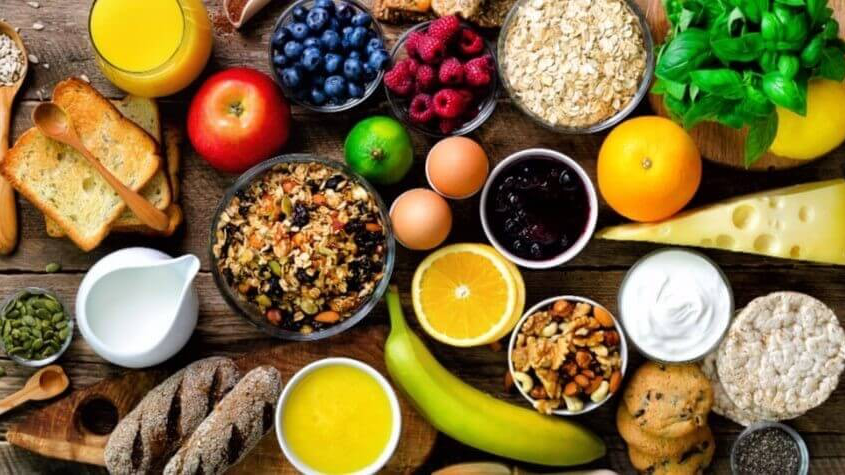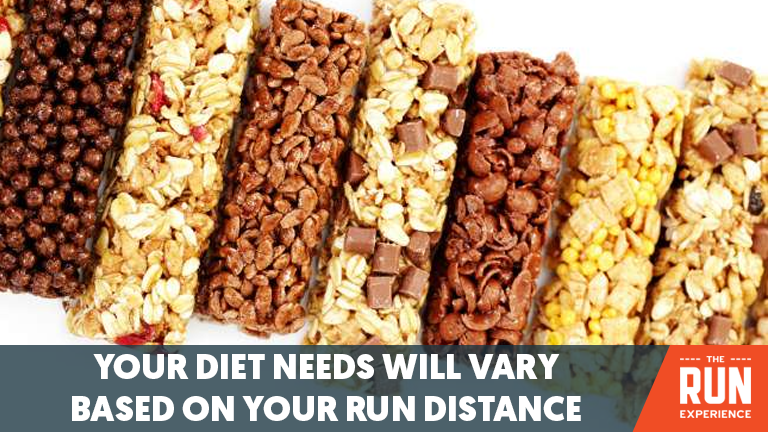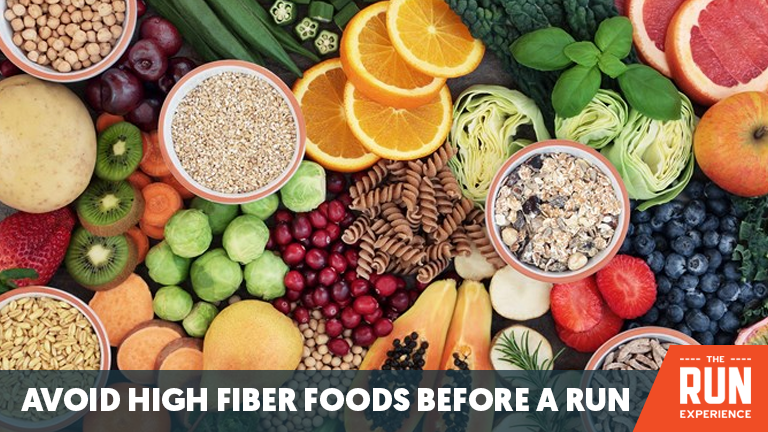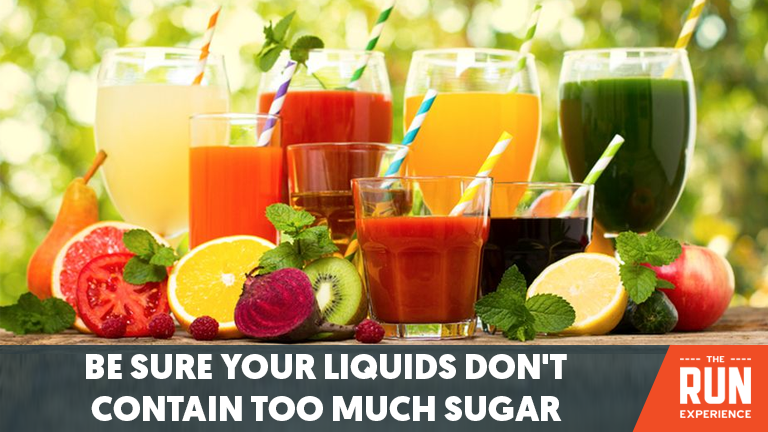The Best Running Diet: Foods That Won't Slow You Down

The trial and error required to perfect your running diet can be exhausting. Yet, it’s worth it.
Nail the running diet, and you can transform so-so workouts and performances into next-level training and PRs.
Luckily, we’ve got some guidance on sports nutrition to help you fuel correctly and avoid foods that slow you down. This article takes a look at the best foods to eat before and after your run so that you can crush your running goals with a healthy running diet.
Running Diet: Foods That Won’t Slow You Down
Remember, everyone is different. If you’ve found a running diet that works for you, stick with it. If any of these foods don’t work for you, ditch them.
Ultimately, your diet is totally individual. The Run Experience is just here to offer guidance and suggestions for you as you design your diet for running
General Running Nutrition Rules
Whole foods are your friend. Ensuring you get all of your food groups— enough carbs, protein, and healthy fats—will serve you well. Your running diet should consist of healthy whole grains, healthy high-fat foods, and lean meats or protein.
Avoid processed foods, and read labels: the fewer ingredients the better. Foods that seem a-OK may not be as healthy as they seem. For example, your favorite sports drink may have loads of processed sugar. Always check your labels.
With all of these general rules in mind, you must then consider when you are eating these foods relative to your runs. The best diet for running training requires eating the right foods at the right time.

Before Your Run
If your training runs are going to be less than 60 minutes, you likely don’t need to eat anything right before you run—your normal diet will give you the fuel you need.
Make sure your carbohydrate intake is regular, and have some complex carbs a few hours before your run. Sweet potatoes are a great option. High-fiber carbs like oats or quinoa are also great options because they give you long-lasting energy.
Ingest them a few hours before your run so that they have time to digest, and their fuel will carry you through your sub-one-hour run.
If you do end up eating right before your run, keep it simple. Avoid high-fiber foods right before your run. High-fiber foods are tougher for your body to digest, and they take more time to digest as a result. You want your body’s energy to be used on your run, not on digesting your pre-run snack.

If your runs are often over one hour, incorporate more healthy fats into your diet. Avocado, olive oil, or a tablespoon of peanut butter are all good options here. But again, high-fat foods can also be tough to digest, so give yourself a window of time between your high-fat snack and your training run. Eat them too close to your run, and these foods will slow you down.
During Your Run
If your run is under 90 minutes, you likely do not need to take food to eat during your run. But for runs over 90 minutes, you may want to pack some mid-run fuel.
Consider ingesting a salty mid-run snack to replenish your electrolytes. As for what you snack on mid-run, find what works for you, as runners are all over the map on this.
Some enjoy potato chips and pretzels during their run, while others prefer sticking to energy blocks or Clif bars. Test what works for you mid-run, but do be sure you replenish electrolytes during and/or after your run.
After Your Run

Post-run nutrition is just as important as pre-run nutrition. When designing your post-run diet, keep your personal goals in mind. For example, if you are running for weight loss, remember that your body will want more food than it actually needs, because it wants to maintain its current weight and body fat percentage.
If you want to lose weight, you will need to combat that instinct (for a more targeted weight loss plan, be sure to talk to a registered dietitian).
With that in mind, your post-run nutrition can be a bit more expansive, but be sure to incorporate protein. If you are vegan, hummus is a great plant-based option, and it is usually made with olive oil, a healthy fat.
Spread it on some raw vegetables for a low-calorie option. Lentils are another great plant-based protein, and grilled chicken is a good lean meat option.
If you’re a morning runner, cottage cheese or greek yogurt with fruit are good post-run breakfast options. If you are aiming to build muscle, consider making a smoothie after your run with a high-quality protein powder in it (whey and pea protein are both good).
Master The Running Diet
As you design your meal plan, know your own eating habits. There are plenty of options within each food group, so you can find something that works for you.
Yes, there are plenty of foods that slow you down—but there are even more that’ll help speed you up.
If you work best on a low-fat diet, just be sure the fats you do ingest are healthy whole foods. If a high-carb diet works for you, run with that, and again just be sure your carbs are whole foods.
Your running nutrition is entirely customizable. Feel free to get creative and design the diet that works for you!
